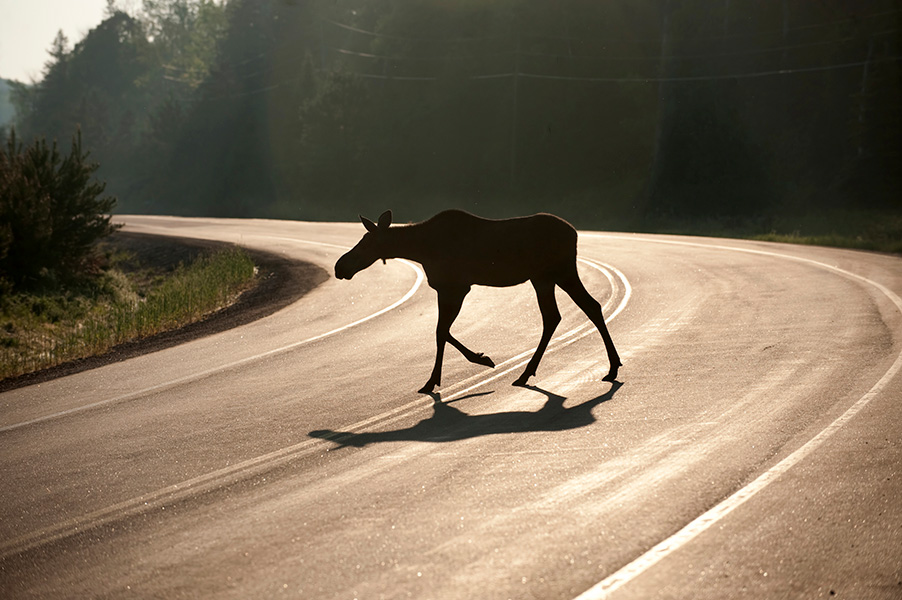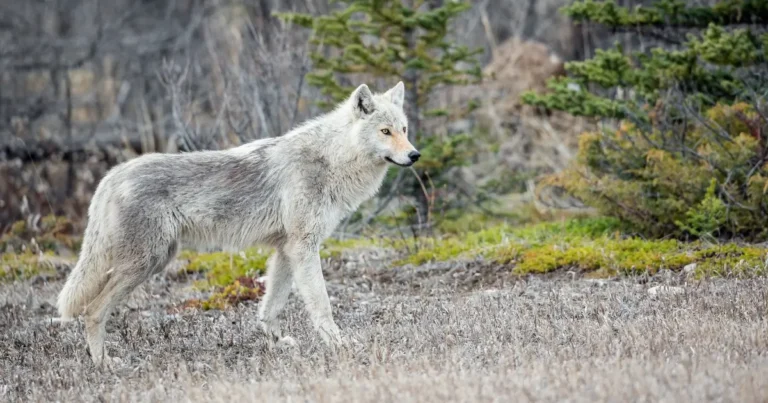
On top of all the socioeconomic arguments for this program, embraced by most of North America, it also means we get an FULL EXTRA hour of sleep. While we would very much like to simply bask in the glory of this for the rest of the weekend, we do want to remind you that this kind of time change can have a dangerous impact on wildlife-vehicle collisions.
The change in our routines due to Daylight Savings Time is entirely arbitrary in the natural world; non-human animals will continue in their typical behaviours while we make significant shifts in our own. This will be most apparent in the commute home, as it will suddenly get darker earlier – and animals used to less traffic will suddenly be experiencing rush hour in a new way. Here are a few tips to keep you – and the animals – safe:
1. Keep your eyes on the road. There’s a lot of distractions available that can pull your attention away for a few moments – and that’s all it takes for a previously unseen animal to step in front of your vehicle. Please, avoid all distractions as possible (and invest in hands-free technology as you’re able).
2. Look for animals. Expecting to see something on the side of the road can be a determining factor in having time to react safely. Look for the glow of eyes (reflections from your headlights or other sources), silhouettes, obvious breaks in foliage where wildlife may naturally emerge, and pay attention to warning signs (they’re typically put in places where high volumes of animals cross roads).
3. Keep your car clean and safe. Making sure you can see out of your windshield – regardless of rain, snow, or general dirt – is a basic safety measure that should always be taken, but becomes even more important when dealing with potential surprises like animals on the road. Also make sure your headlamps are in working order, your horn is functional, and your brakes are up to par. If you’ve already started getting snow in your region, consider picking up a set of winter tires.
4. Look for two-legged animals, too. Children, cyclists, and general pedestrians are also more at risk due to this change in lighting and time. Please be aware, and if you’re a parent, talk to your children about appropriate safety measures.
Stay safe out there – and enjoy that extra-long snooze on Monday!
monthly donor(for as little as $5/month – the cost of a single latte) pleaseclick hereand help us save lives today.

